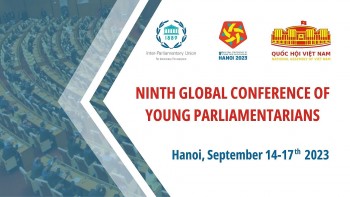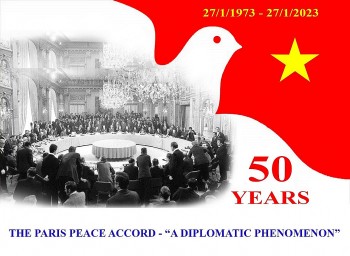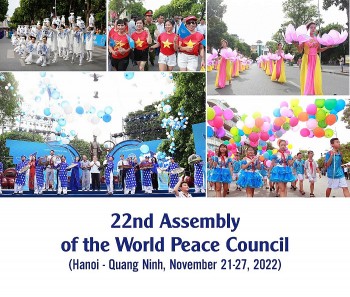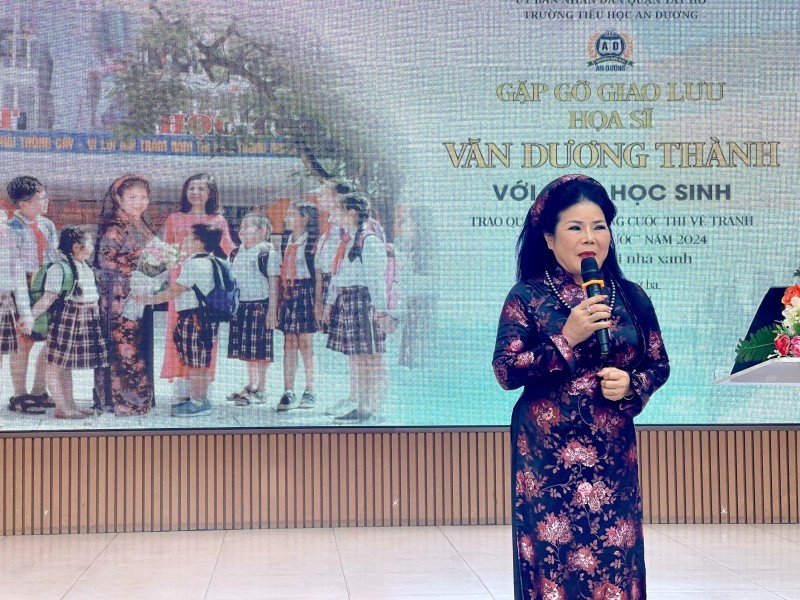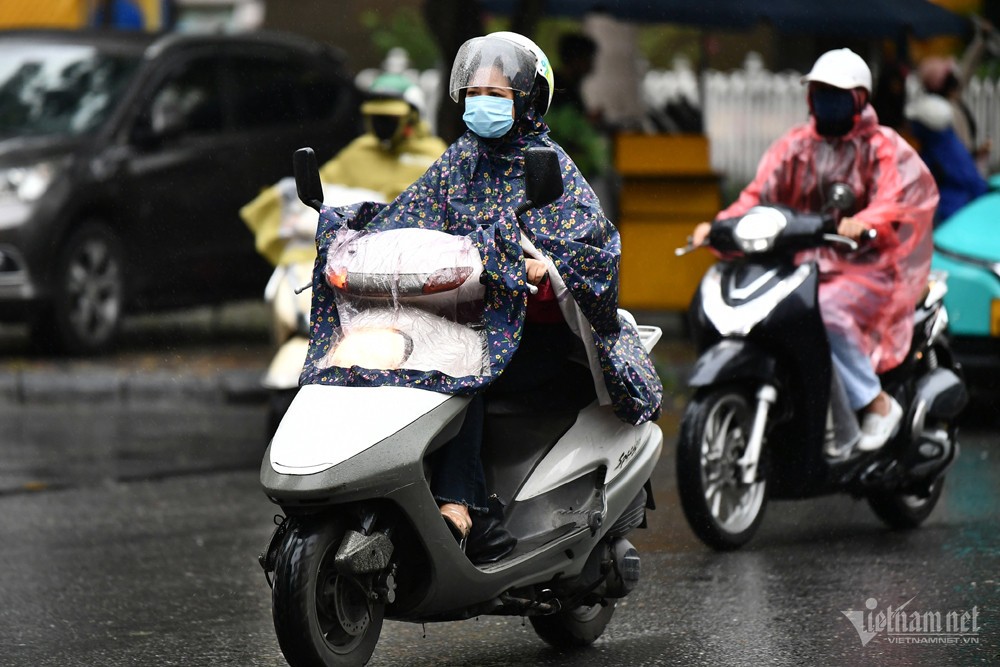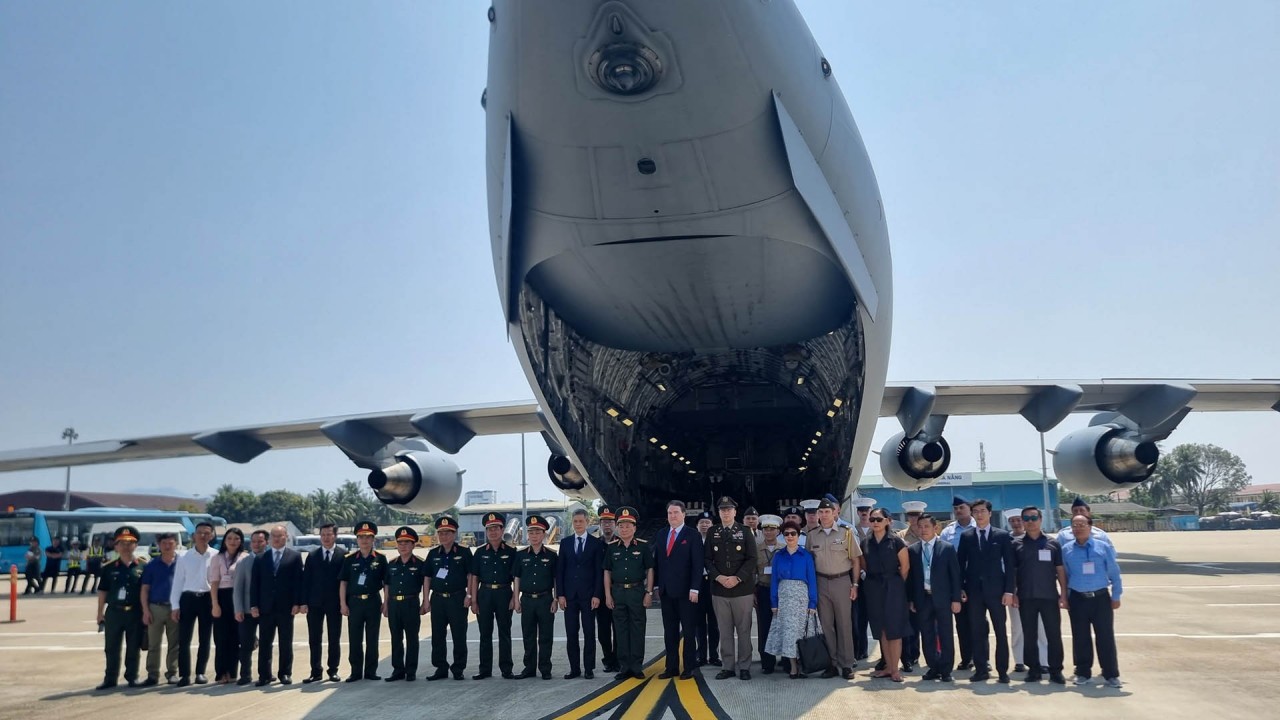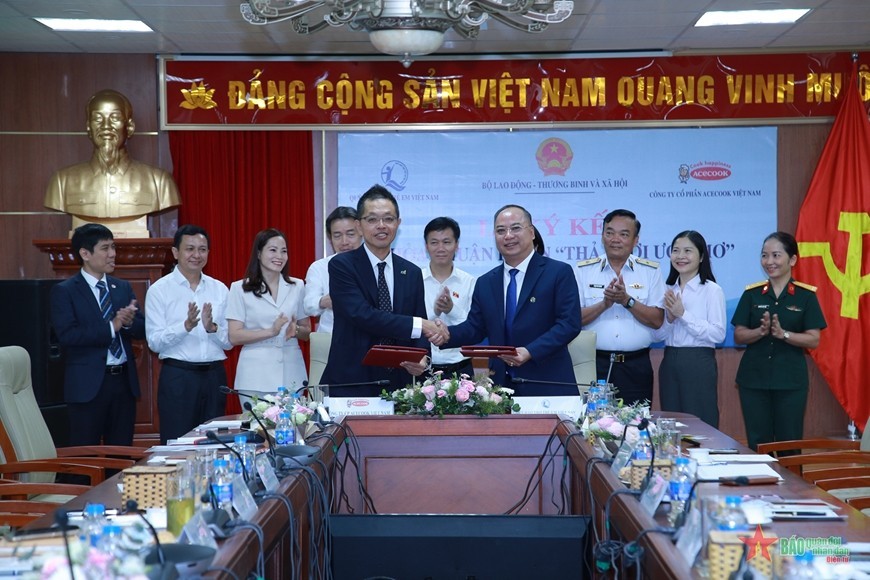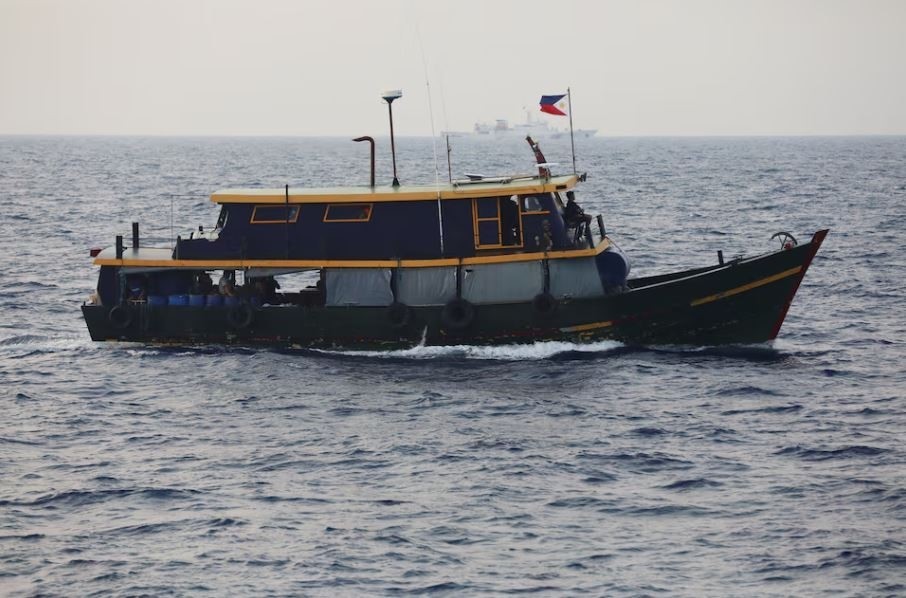23 years after joining ASEAN, Vietnam keeps being an active member
2018 marks the 11 years of Vietnam being a member of World Trade Organization (WTO), 20 years of taking part in the Asia – Pacific Economic Cooperation (APEC), and 23 years of membership with ASEAN. 2018 also marks the 51st founding anniversary of ASEAN, which had been continuously evolving to form the ASEAN Community in 2015.
| |
Deputy Prime Minister Vuong Dinh Hue (middle) discusses with other leaders on strategy for ASEAN at the sideline of World Economic Forum Davos 2018. (source: VGP)
51 years after being established, ASEAN has been unwaveringly evolving and increasing cooperating among its members. Consisting of 10 member states of South East Asia, the third largest market in Asia, with a population of over 650 million people, accounting for 8.59% the world population.
Gross Domestic Product (GDP) per capita is USD 4,305. The number is forecast to double in 2030, bringing ASEAN to the top 7 biggest economic communties in the world, with total GDP of USD 2,766 billion.
According to Minister of Industry and Trade, Tran Tuan Anh, in order to achieve the common targets set by ASEAN in 2018, and adequately prepare for ASEAN Chairmanship in 2020, Vietnam will coordinate closely with other member states of ASEAN to execute the ASEAN Economic Community (AEC) 2025 Strategic Action Plan (SAP).
Particularly, ASEAN will manage to reach consensus on issues which are yet to be settled based on the Regional Comprehensive Economic Partnership (RCEP), with the purpose of ensuring balanced interests for member states, taking account of the difference in terms of development level of countries; propose ASEAN’s partner countries to review and adjust their ambition to the level which is feasible for all parties to complete the negotiation of the agreement in 2018.
Furthermore, Vietnam will join other ASEAN countries to continue reviewing, execute all the articles pledged in FTA ASEAN + 1, including reviewing AANZFTA second phase and actively execute the working/cooperation agenda with other members of ASEAN.
According to figure from MOIT, in the first 6 months of 2018, the level of taking advantage of preferential Certificate of Origin in exports of Vietnamese enterprises with FTA ASEAN and ASEAN + is at the middle level with China (23%) and Japan (29%), upper-middle with Australia – New Zealand (30%) and ASEAN (33%), higher with Korea (33%) and India (44%).
 |
Vietnamese goods exported to ASEAN market via Cai Lan port (Quang Ninh province). (photo: Thanh Ha)
In Vietnam, FDI enterprises and big groups tend to take advantage of prefential C/O better than SMEs. From the sector’s perspective, textile, leather footwear, mechanic, agriculture produce processing are good at taking advantage of the incentive to export their products.
The integration of Vietnam in ASEAN has been fruitfully deployed, contributing to pushing forward economic growth in the last 20 years. However, to better utilize the opportunities brought about by the formation of ASEAN Economic Community by 2025 and ensuring Vietnam can integrate in a proactive way, and in aligment with the interest of the enterprise community in the region and international competition process, better take advantage of favorable policies offered by FTA in ASEAN framework, there are several things Vietnamese enterprises and relevant agencies need to do.
First of all, enterprises need to improve competitive capacity, find out the proper business structures and raise awareness of the rights, benefits and duties of Vietnam while joining FTA.
Secondly, ministries, sectors which involve with ASEAN integration needs to improve the effeciency of coordination, cooperation; innovate the participation mechanism in technical-level meeting in ASEAN for resources, budget saving, as well as identify the policy in special treated issues and differences in FTA negotiation from 2018 onward./.
( Translated by Phi Yen )
Most read
Recommended
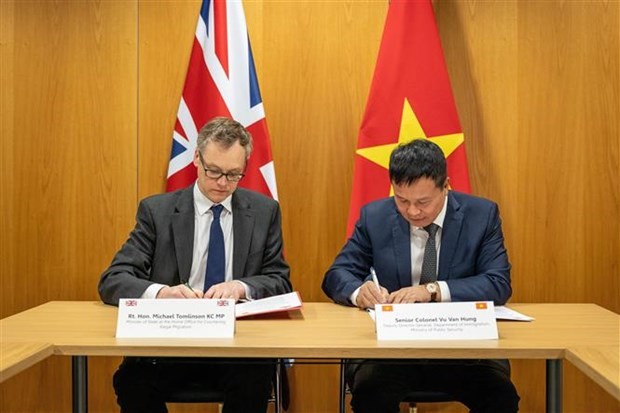 National
National
Vietnam News Today (Apr. 19): Vietnam, UK Sign New Agreement on Illegal Migration
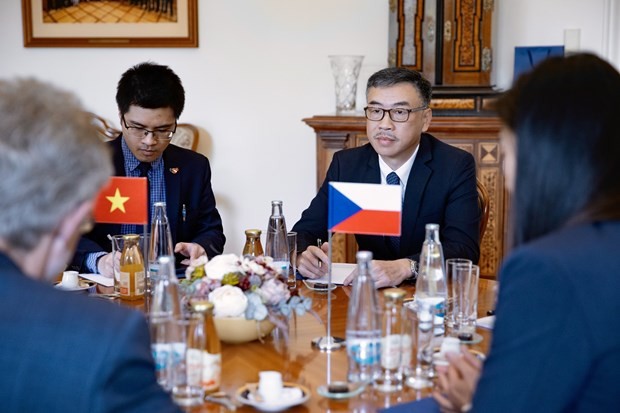 National
National
Czech Senate President Proposes Opening Hanoi - Prague Flight Soon
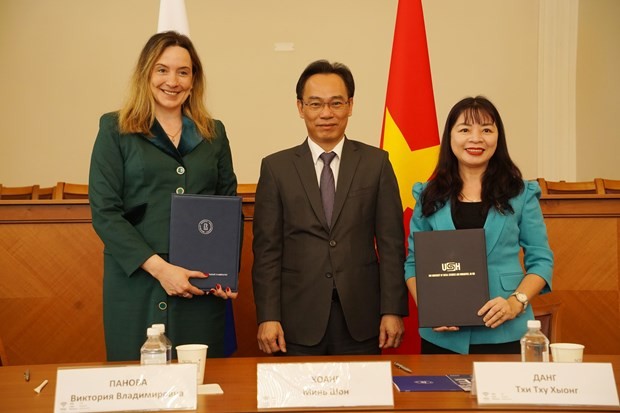 National
National
Vietnam News Today (Apr. 18): Vietnam, Russia Bolster Education, Training Collaboration
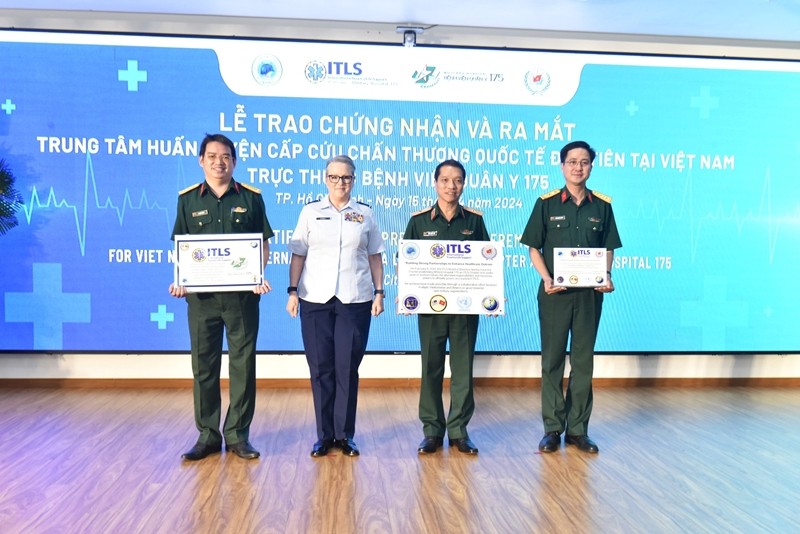 National
National
First Int'l Trauma Life Support Training Center Launched in Vietnam
Popular article
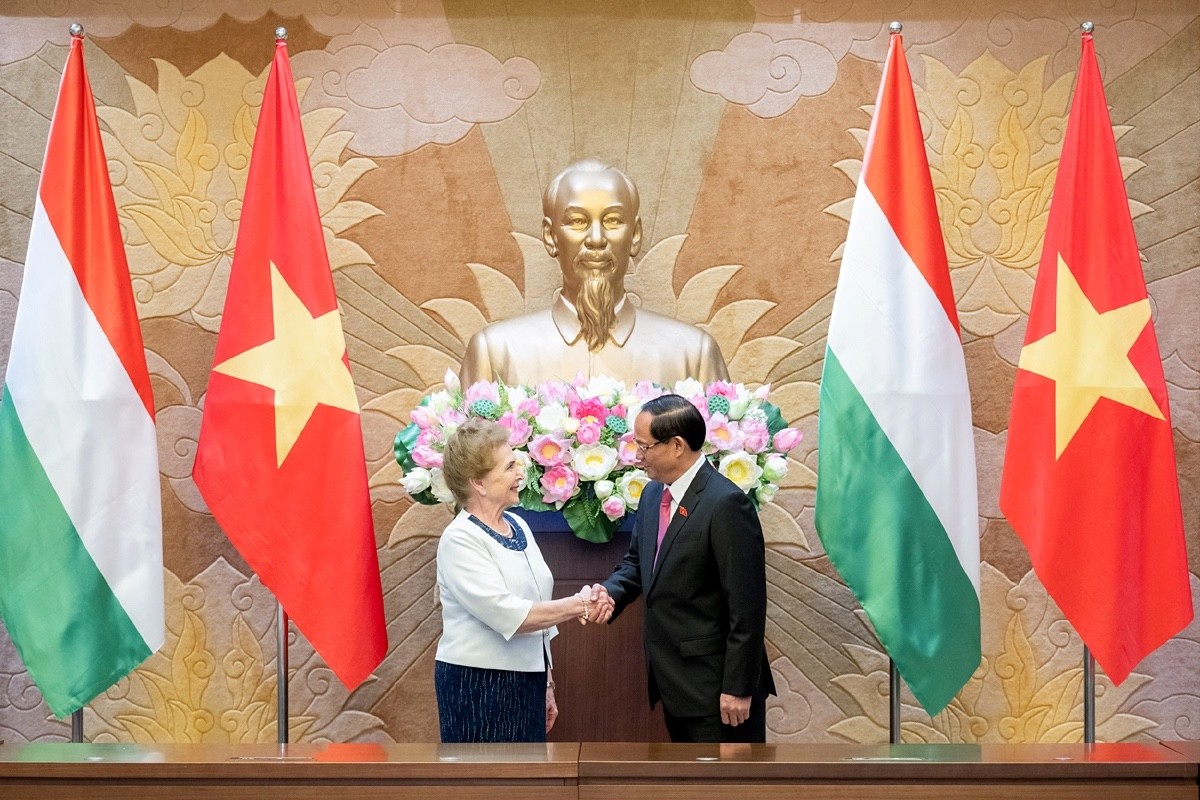 National
National
Vietnam News Today (Apr. 17): Vietnam And Hungary Review Effectiveness of Cooperation Agreements
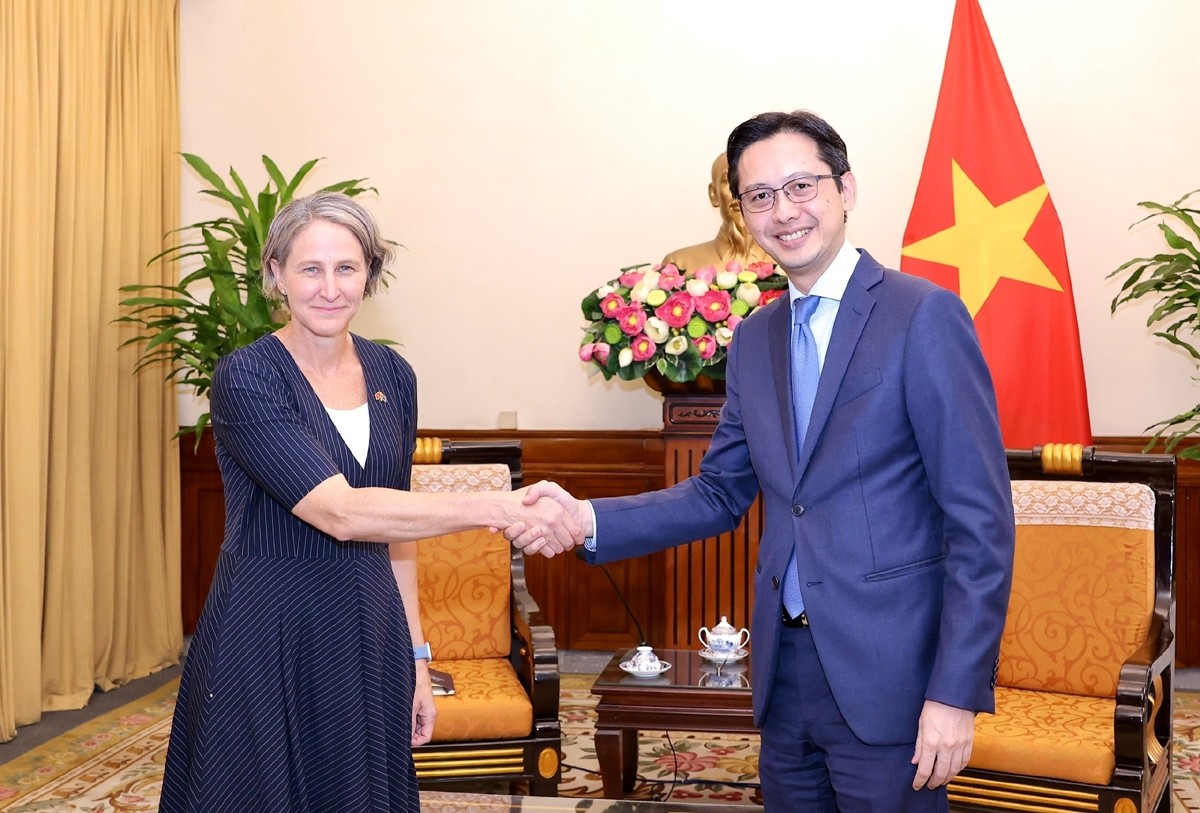 National
National
Vietnam News Today (Apr. 16): Australia Supports Climate Action Cooperation With Vietnam
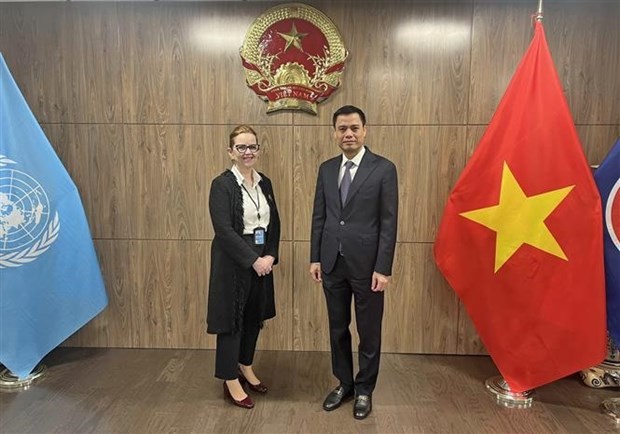 National
National
Vietnam News Today (Apr. 15): Vietnam Supports UN’s Humanitarian Aid For Palestinians
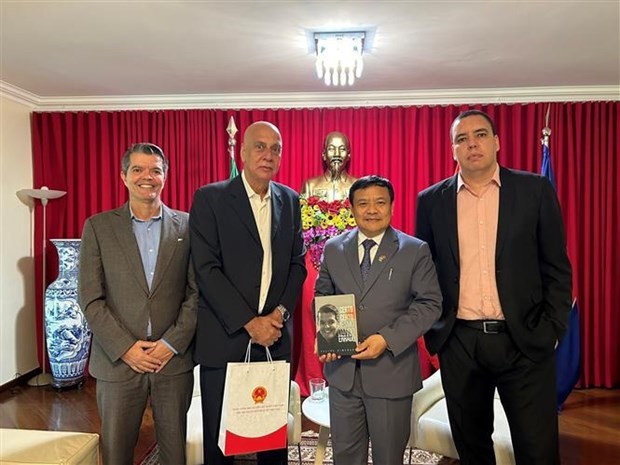 National
National

